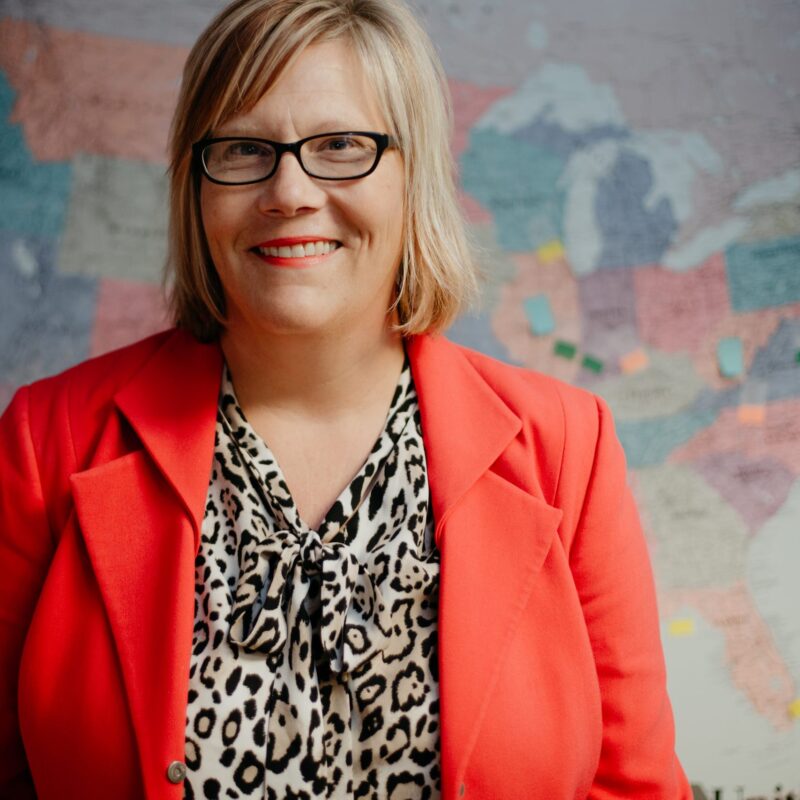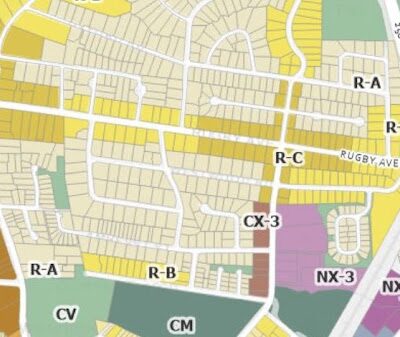My first semester at the University of Virginia was full of surprises. I was surprised to learn just how difficult college classes are, how frustrating roommates can be, and how competitive everything at UVA is—just to name a few things.
What I found the most surprising though was that in October—a little over a month into the semester—people were already asking me where I was going to live next school year. I quickly learned that it’s quite common for UVA students to sign leases almost a year in advance, hoping to snag a good deal on a house or apartment before they’re all gone. However, there are still some students who, for a variety of reasons, opt out of apartment hunting, and sign up to live on Grounds.
Now, the decision on whether to stay on Grounds or move off Grounds may be more difficult for some students to make, with UVA announcing last month that it’ll be raising on-Grounds housing rates by 3.5 percent next fall to help pay for its increased debt and operating expenses.
According to The Cavalier Daily, that’s an extra $220 for first-year housing, bringing the cost to $6,680 per year. For upperclassmen housing, that’s either a $250 or $270 increase, with several dorms now costing $8,120 per academic year.
And it’s on top of a previous hike (also 3.5 percent) the university enacted last year.
Third-year Sarandon Elliott says she’s enjoyed living on Grounds, and that, as a transfer student, it’s made it easier for her to navigate Charlottesville. However, she doesn’t know if it will still be worth it next year, “especially with the Board of Visitors already voting to increase tuition prices.”
“For a working-class kid like me, it’s scary because I’m wondering in the back of my mind, on top of all my studies, ‘How am I going to afford to live off-Grounds next year?’” she says. With dorm prices going up, off Grounds might offer some cheaper options, she says, “but it’s still expensive.”
Joe, another third-year (who asked that we not use his last name), says that with the university raising housing prices two years in a row, he doesn’t regret moving off-Grounds after his first year.
“I have been able to get a much better quality of housing given the cost, with my rent being cheaper than on-Grounds prices this year and last,” he says. “I initially was a bit envious of the on-Grounds housing perks, like reduced maintenance fees, but soon found that there was no real competition when it came to costs.”
According to the University Finance Committee, the increased revenue from student housing will help pay off the $2 million in debt that the university accrued while renovating the McCormick Road Residence Halls (for first-years), and building Bond House (for upperclassmen).
Elliott says this debt is no excuse for the university to raise housing prices, pointing to its $9.6 billion endowment.“They can afford to freeze prices. They can afford to build more dorms. It’s ridiculous,” she says.
University spokesman Brian Coy says the endowment, which provides funding for professorships, scholarships, lectureships, academic prizes, and library acquisitions, cannot be used to “support or supplement” on-Grounds housing.
Joe is just as frustrated with the university, and the heavy financial burden it has put on students.
“The university has already increased tuition…and the [Board of Visitors] seems wildly out of touch in terms of feeling the resentment students have for these decisions,” he says. “These changes will be marginal in terms of revenue, but significant in terms of the cost felt by students.”
To Elliott, it is even more frustrating that UVA is considering requiring second-years to live on Grounds, but keeps raising housing prices. However, if the university were to require them to live on Grounds, Joe thinks it should push for rezoning near Grounds and build more upperclassmen dorms, “freeing already existing affordable housing from student demand.” He says it should also contribute more to the Charlottesville Affordable Housing Fund and partner with more affordable housing advocacy groups.
Students aren’t the only ones worried about the price hike. Aaron Winston, a member of the Charlottesville Low-Income Housing Coalition, is concerned that it will only “continue the trend of UVA students choosing to live off Grounds,” putting even more pressure on the city’s already strained affordable housing market.
“UVA has the resources to house its students, whether on Grounds or off, in a way that does not impact the Charlottesville affordable housing market,” he says. “It has land available that it can build additional student housing on.”
Winston is in favor of UVA requiring second-years to live on Grounds, as it “could potentially go a long way towards mitigating the impact of student rentals on affordable housing stock.”
“But that alone isn’t going to be enough,” he says. “The university can do a whole lot more to improve the housing situation not just for its students, but for members of the Charlottesville community.”
Despite these concerns, there is still a high demand for on-Grounds housing—with 98.4 percent of on-Grounds housing being occupied during the 2019 fall semester, according to The Cavalier Daily.
And that percentage could be even higher next year—while the housing process for 2020-21 is not yet complete, Coy says “the number of returning students who have signed housing agreements so far is 25 percent higher than at this time last year.”
“[This] suggests our students continue to appreciate the convenience, flexibility, and close-knit communities offered in on-Grounds housing,” he says.





